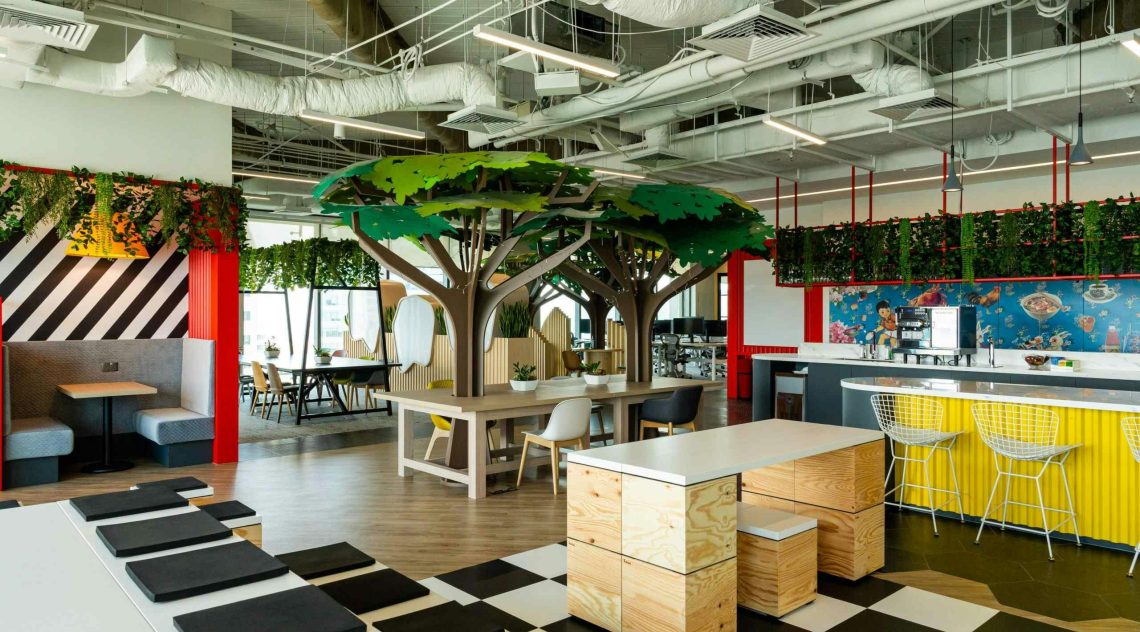
No Sustainability Without HR:
The Strategic Engine of ESG in Companies
HR’s New Role in Sustainability
Corporate sustainability is no longer just an environmental issue or marketing tool but a fundamental business strategy that permeates operations at all organizational levels. The roundtable discussion organized by EY experts highlighted that human resource management is not a supporting actor in this process but a central coordinator and strategic engine.
Based on the experiences of Dr. Krisztina Mihók, HR Director of Erste Bank, and Zsuzsanna Bodri, HR Group Leader responsible for recruitment and training at Magyar Suzuki, it is clear that HR acts as a strategic bridge connecting company operations with sustainability goals. This role goes far beyond traditional HR functions and requires a completely new competency set.
HR not only sensitizes employees to sustainability issues but also supports leaders in long-term sustainable operations. This applies across numerous organizational areas: from introducing technological innovations through meeting regulatory expectations to managing employee and supplier needs.
Competency Development and Culture Change
To develop sustainability competencies, HR must identify necessary skills and integrate them into organizational operations. This includes recruitment, training, performance management, and leadership development. The goal is to create a culture where employees are open to new things, continuously develop their skills, and can support others in development.
Dr. Krisztina Mihók and Zsuzsanna Bodri agreed that ESG-related competencies must be built internally. HR’s role in this is crucial: finding and developing sustainability officers in-house, for example through rotation programs where existing employees can acquire new expertise.
Magyar Suzuki’s HR Group Leader considers developing sustainability competencies essential primarily from regulatory compliance and mindset formation perspectives, while Erste’s HR leader sees it as necessary for employer branding and adapting to younger generations’ – such as Generation Z – needs.
Operational Integration and Leadership Commitment
Júlia Peterson, EY partner and discussion moderator, emphasized that sustainability is not just about data collection and reporting. The greatest impact can be achieved when leaders jointly shape and develop sustainability mentality and habits with employee involvement. It’s important to recognize that this process results in organizational change that leaders must consciously direct, support, and communicate.
Serious commitment is needed for operational-level integration of ESG aspects. It’s truly effective when top management supports and takes an active role, and when HR’s sensitizing approach permeates the organization. At Erste, for example, employee-initiated programs – like Erste Green or Erste Women – operate under enthusiastic colleagues’ leadership and have significant organizational impact.
Pay Transparency and Equal Opportunities
Compliance with EU pay transparency directives can be particularly challenging for structurally less prepared companies. Rethinking pay structure, harmonizing competency matrices, ensuring data cleanliness, and developing communication strategy are crucial – especially in organizations where many job types operate in parallel or where agile operating principles apply.
Equal treatment, pay transparency, and diversity are not only social expectations but also business competitive advantages. HR can structurally integrate these into operations, strengthening employee trust and sustainability credibility. According to a quick survey conducted during the event, participating company representatives see communication to employees as the main challenge in implementing the pay transparency directive.
Practical Implementation and Challenges
According to the two invited experts, compliance with EU pay transparency directives can be particularly challenging for structurally less prepared companies. Conversations with other market players confirm that the current lack of regulatory guidance makes it challenging for organizations to prepare for reporting in time.
According to Erste Bank’s HR Director, HR must take an exemplary role in all organizational changes – not just follow them. According to Magyar Suzuki’s HR Group Leader, strategic thinking and long-term planning are now basic expectations for HR. The invited guests agreed that the human resources function must continuously renew itself and become the engine of sustainability culture development.
Long-term Value Creation
HR’s strategic role in sustainability goes far beyond traditional personnel matters. It can enforce long-term value creation aspects at all organizational levels, whether in recruitment, training, performance evaluation, or culture development. This holistic approach ensures that sustainability doesn’t just exist on paper but becomes an integral part of daily operations.
Achieving sustainability goals requires more than strategic documents – real impact is achieved when leaders and HR work together, strengthening each other in implementation. Leadership exemplarity based on shared values and the framework provided by HR together create the foundation for change.
Relevant Lessons for SMEs
Although the roundtable discussion focused on large companies, the lessons are extremely relevant for the SME sector as well. For smaller businesses, sustainability often seems overly complicated or expensive, but the HR-centered approach proves that significant results can be achieved with small steps.
In SMEs, the HR function is often less formalized but can therefore adapt more flexibly to new challenges. Integrating sustainability aspects into recruitment, increasing employee satisfaction, ensuring equal opportunities, and transparent communication are all areas where smaller businesses can make significant progress.
Sustainability is not a luxury but a necessity in today’s business environment. HR is not merely a support function but a catalyst for change, capable of preparing the organization for future challenges.